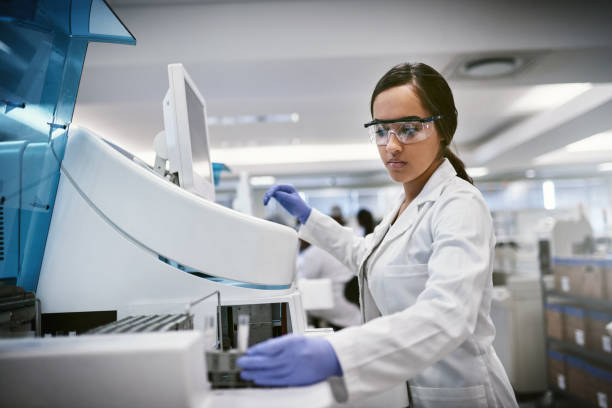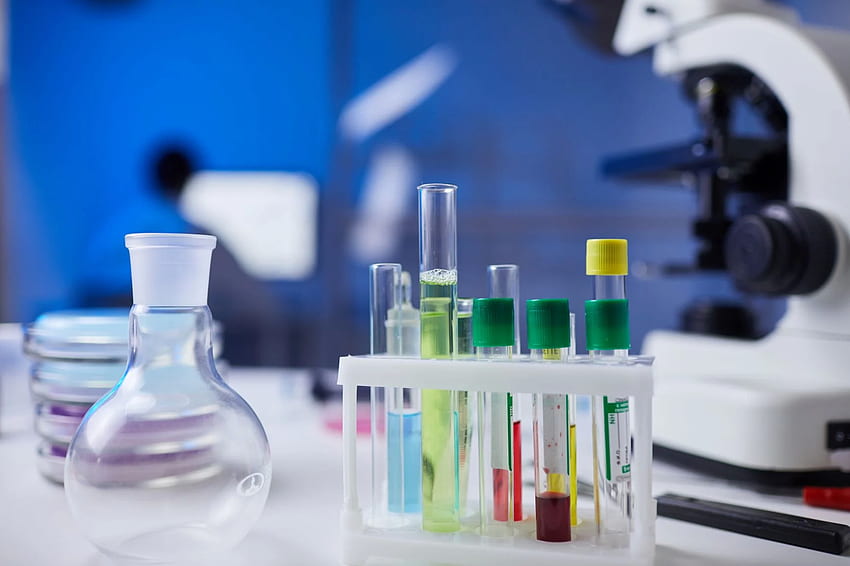In the realm of healthcare, laboratory medical equipment plays a pivotal role in diagnosis, treatment, and research. These instruments, ranging from basic microscopes to sophisticated molecular analyzers, form the backbone of medical laboratories worldwide. Over the years, advancements in technology have continually transformed these tools, enhancing their accuracy, efficiency, and versatility. In this article, we delve into the evolution of laboratory medical equipment, exploring how modern innovations are revolutionizing the landscape of healthcare.
One of the most significant advancements in laboratory medical equipment is the integration of automation and robotics. Automated systems streamline processes such as sample handling, testing, and data analysis, reducing human error and increasing throughput. These systems enable laboratories to process a higher volume of samples in less time, leading to quicker diagnoses and more efficient workflows. Additionally, robotics allows for tasks that are repetitive or hazardous for humans to be performed with precision and consistency, further enhancing the reliability of test results.
Another area of rapid development is in the field of diagnostic imaging equipment. Technologies such as magnetic resonance imaging (MRI), computed tomography (CT), and ultrasound have undergone remarkable advancements, leading to higher-resolution images, faster scanning times, and enhanced diagnostic capabilities. These imaging modalities enable healthcare professionals to visualize internal structures with unprecedented detail, aiding in the early detection and accurate diagnosis of various medical conditions ranging from tumors to cardiovascular diseases.

Molecular diagnostics is another frontier that has seen remarkable progress in recent years. Techniques Laboratory Medical Equipment such as polymerase chain reaction (PCR), next-generation sequencing (NGS), and mass spectrometry have revolutionized the detection and analysis of genetic and molecular markers associated with diseases. These technologies offer unparalleled sensitivity and specificity, allowing for precise diagnosis, personalized treatment strategies, and monitoring of treatment efficacy. Moreover, rapid advancements in bioinformatics have facilitated the interpretation of complex genomic data, paving the way for precision medicine approaches tailored to individual patients.
The advent of point-of-care testing (POCT) devices has transformed the landscape of diagnostic medicine by bringing laboratory-quality testing directly to the patient’s bedside. These compact, portable devices allow for rapid analysis of various parameters such as blood glucose, cardiac markers, and infectious diseases, enabling timely decision-making and interventions. POCT devices are particularly valuable in emergency settings, remote locations, and resource-limited settings where access to centralized laboratories may be limited.
In the realm of laboratory informatics, the integration of digital technologies has revolutionized data management, analysis, and reporting. Laboratory information management systems (LIMS), electronic medical records (EMR), and data analytics platforms streamline workflow management, ensure regulatory compliance, and facilitate real-time access to patient information and test results. Furthermore, artificial intelligence (AI) and machine learning algorithms are being increasingly utilized to analyze large datasets, identify patterns, and predict disease outcomes, thereby augmenting the capabilities of healthcare professionals and improving patient care.
